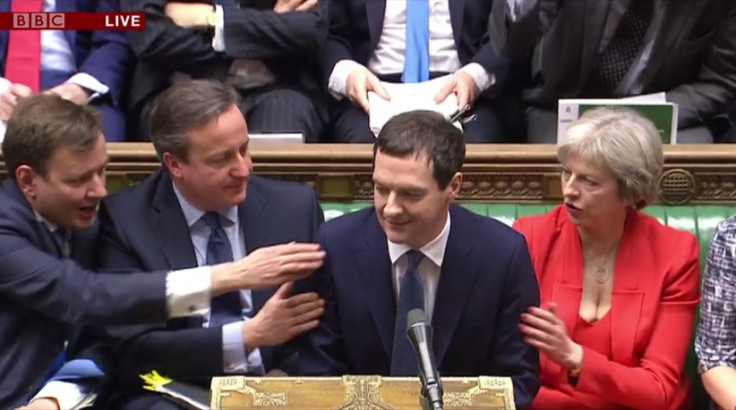Budget 2016: Chancellor George Osborne freezes fuel duty for sixth year running

Chancellor George Osborne has extended the freeze on fuel duty for the sixth year in a row as part of the budget he delivered on Wednesday (16 March).
Osborne stated that motorists paid the price when oil prices were high, they should not now pay when they are low. He said the move will save the average person £75 per year and a small business with a van £270 per year.
The chancellor did announce a 0.5% increase in the standard rate insurance premium tax, and has decided not to hit the UK's 30 million motorists on multiple fronts.
Fuel duty, which has remained frozen for past five years, was slated in the 2011 budget for an increase by RPI plus one penny if the price of oil were to fall below a "set trigger price on a sustained basis". That trigger price was set at $75 per barrel; it currently languishes at under $40 per barrel.
Osborne said: "We had pencilled in an inflation rise, but fuel duty will be frozen for the sixth year in a row. It's the tax boost that will keep Britain on the move."
Facts about fuel duty
Since 2011 petrol and diesel have been charged at a rate of 57.95 pence per litre, which accounts for about half the price at the pumps.
A standard VAT rate of 20% is paid on top of fuel duty, except for domestic heating fuel which is charged at 5%.
Liquid petroleum gas (LPG) is taxed at 31.61 pence per kg, while natural gas used as fuel in vehicles, e.g. biogas, is charged at 24.70 pence per litre. 'Fuel oil' burned in a furnace or used for heating is charged at 10.70 pence per litre.
Phil R Harrold, partner at PwC said: "In a surprising and populist move the Chancellor froze fuel duty for the 6th year running. Given the current oil price and no indication of upwards price pressure this seems a generous policy."
The Institute of Fiscal Studies said prior to the Budget that an increase in fuel duty could fill the £3bn hole in the country's finances by the end of the parliament.
© Copyright IBTimes 2025. All rights reserved.






















